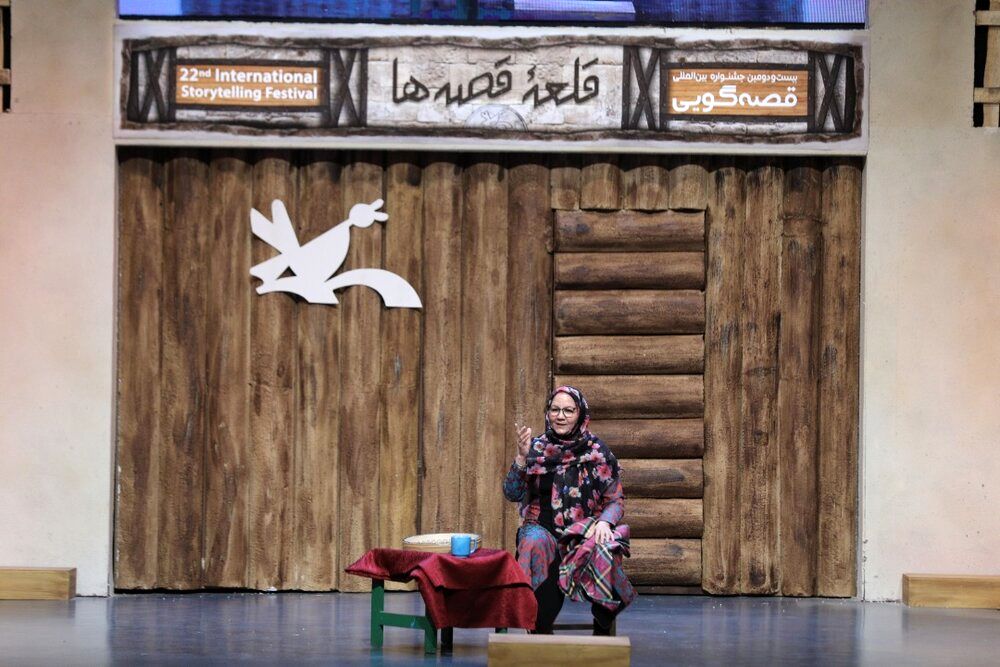IIDCYA proposes registering 30 Azar as story day on Iranian calendar

TEHRAN –(Iranart)- The Institute for Intellectual Development of Children and Young Adults (IIDCYA) announced on Sunday that it has proposed to the Supreme Council of the Cultural Revolution to mark the 30th of Azar on the Iranian calendar as a day of stories and storytelling.
The 30th of Azar on the Iranian calendar is the last day of autumn, the evening of which is celebrated by Iranians as the ancient tradition of Yalda Night. Storytelling by parents and grandparents is a key element of the celebration.
IIDCYA Managing Director Fazel Nazari has submitted the proposal in a letter sent to the secretary of the council, Saeidreza Ameli.
“This proposal has been made to observe Yalda Night and officially highlight the cultural heritage and tradition of storytelling during the night,” the IIDCYA said in a press release.
The council has approved the proposal, which is being investigated at the General Culture Council of Iran for a final decision.
In the letter to the Supreme Council of the Cultural Revolution, Nazari said, “This ancient tradition is a like a stronghold to protect the past and honors of the Islamic Iran and a genre of art for the promotion and preservation of our cultural achievements.”
He also pointed to the importance of storytelling in the Quran and Islamic culture, and described the tradition as an instrument to protect the public culture against nonnative patterns, which are encouraged through the cultural invasion by “the enemies.”
“Marking a certain day on the official calendar of the country as storytelling day can enrich Yalda Night and enhance the rituals of the night and promote family life and native lifestyle and stories,” he noted.
He also expressed his hope that the General Culture Council of Iran would also approve the day, and Iranians would be able to celebrate the day intensely on the last day of autumn in the Iranian calendar year 1400.
Yalda Night, which falls on December 20 this year, is considered the longest night of the year when the ancient Iranians celebrated the birth of Mithra, the goddess of light. It is also known as Chelleh Night, which alludes to the first 40 days of winter, considered to be the harshest of the season.
People on this night are usually served with fresh fruits and a mixture of dry fruits, seeds and nuts in floral bowls.
Following a hot dinner, many people often recite poetry, narrate stories, chant, play musical instruments or just chat cozily until midnight or so.
source: Tehran Times

